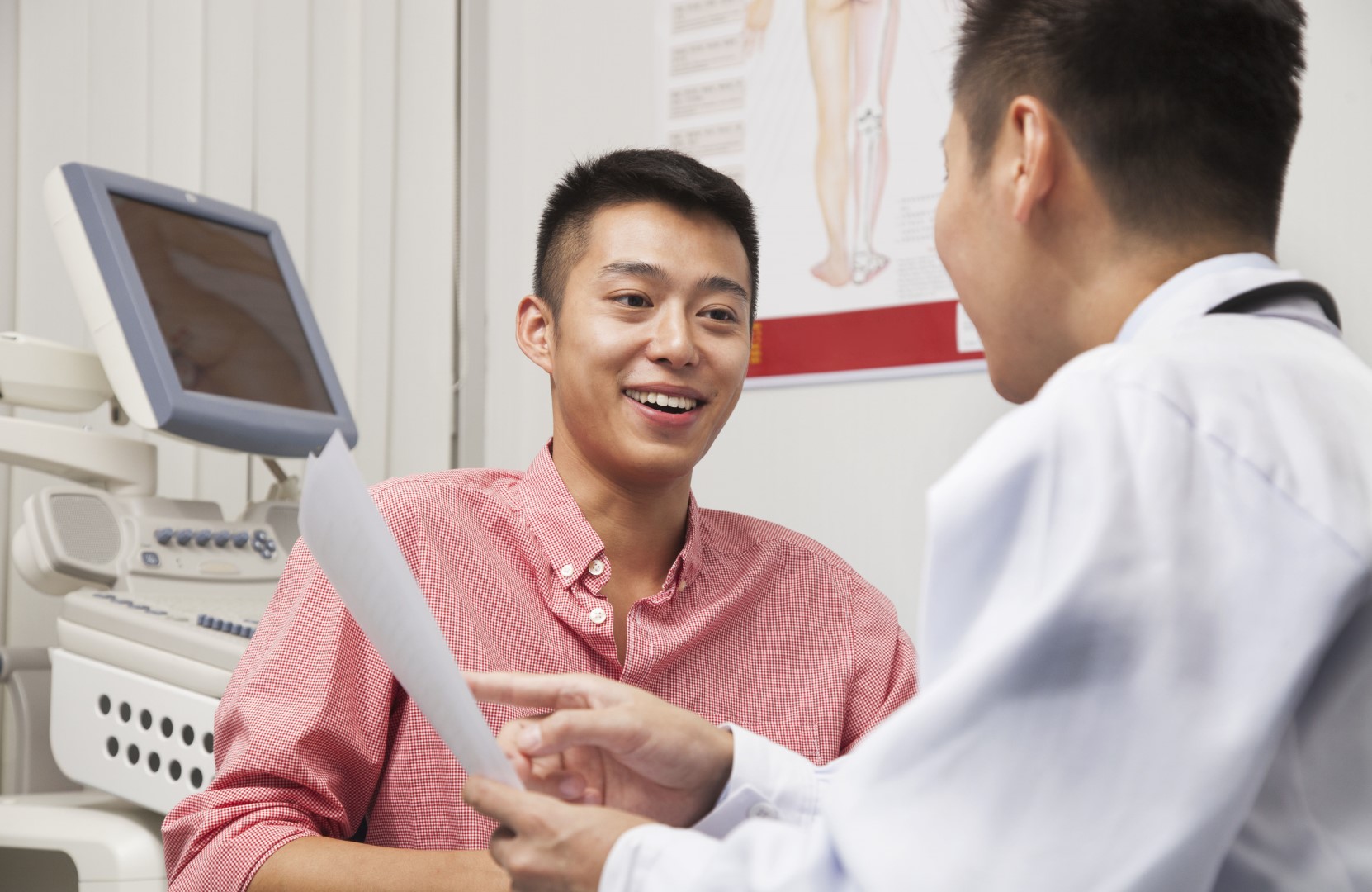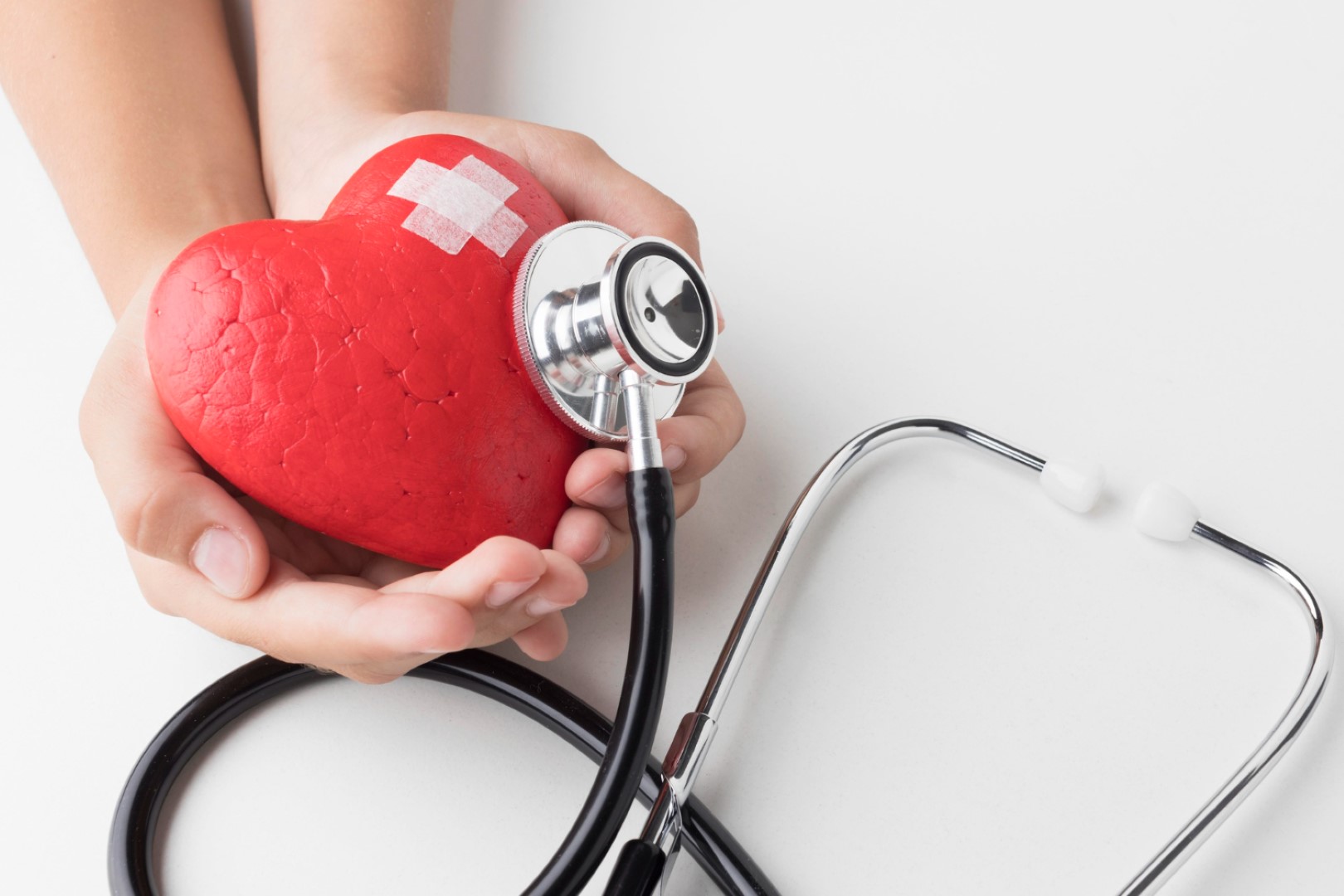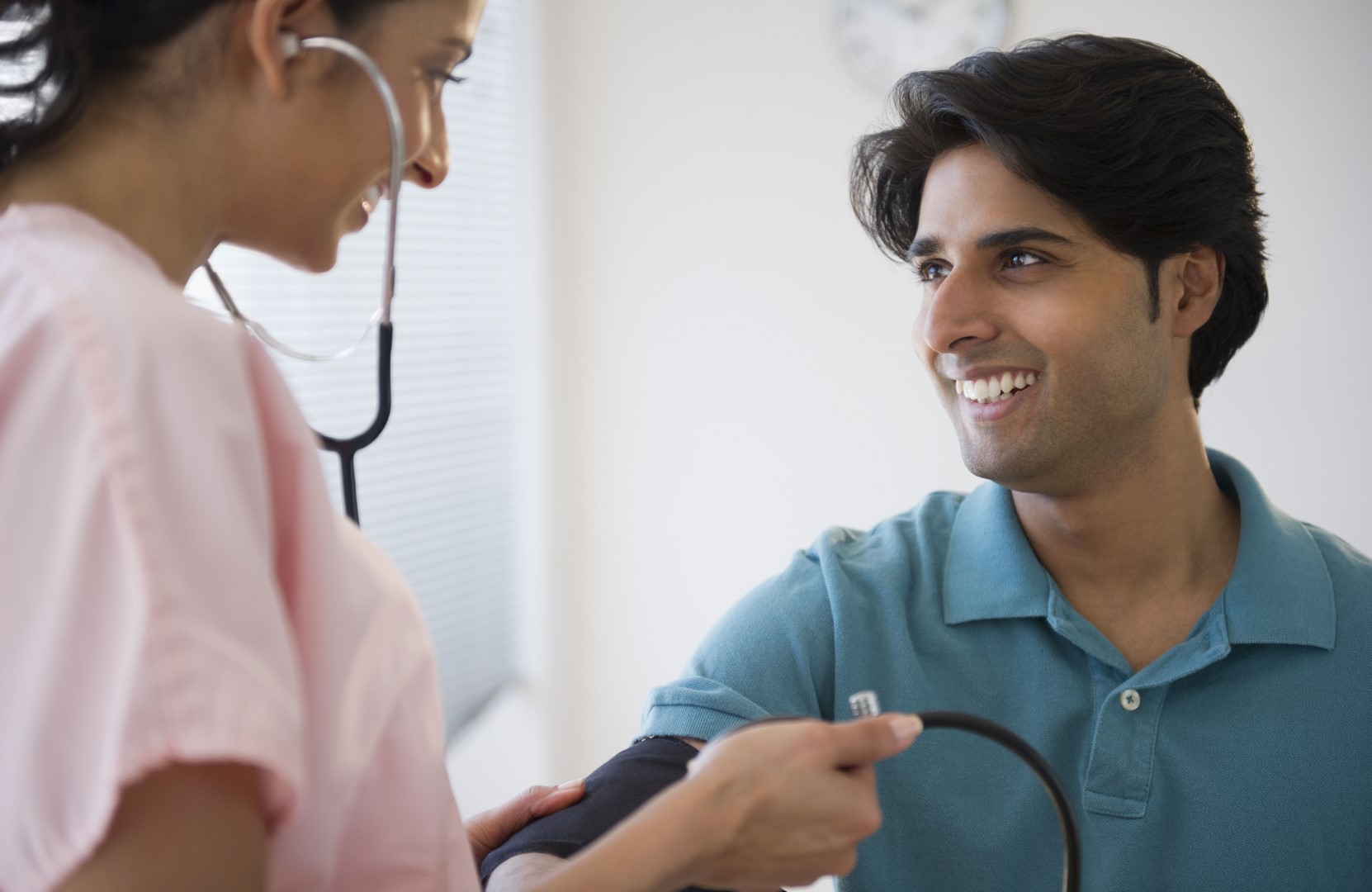We offer a variety of health packages tailored to meet your specific needs. Our state-of-the-art facilities and experienced medical professionals ensure that you receive the best care possible.
It is important to schedule an appointment in advance to ensure timely and efficient service.

By staying on top of your health with regular medical check-ups, you are staying on top of everything in life. At Gleneagles Hospital Kuala Lumpur (GKL), our priority is to help you stay in the pink of health.
When you schedule consistent medical check-ups or health screening appointments, you provide yourself with a strong insight into your potential health risks and detect early signs of diseases before they develop further while you evaluate your general health status.
GKL's Health Screening Unit (HSU) is a 'one-stop centre' to cater for all your health screening needs. HSU is situated on Level 5, Block B with the world's most advanced health screening facilities.
The one-stop health screening unit also includes the latest screening technologies in chest X-ray, mammography, ultrasound, bone density, audiometry, ECG, stress test, and spirometry.
HSU is home to seven (7) consultation rooms with a team of experienced doctors and nurses. They would ensure that you receive the most comprehensive report interpretations within 5 working days for you to have the best understanding of your current health.
Health screening can be done on the same day, under close monitoring by our clinical team. Typically, a health screening at Gleneagles Hospital Kuala Lumpur can take about 3 to 4 hours, depending on the selected screening package.







To ensure accurate results during your health screening, follow these guidelines before your appointment:
These are general recommendations, but specific instructions may apply depending on the type of health screening you’re undergoing. It’s important to discuss any additional preparations with your doctor before your appointment.
Ultimately, your doctor can recommend how often you should schedule a medical check-up or health screening, as it varies from person to person.

Wait a minute

Wait a minute